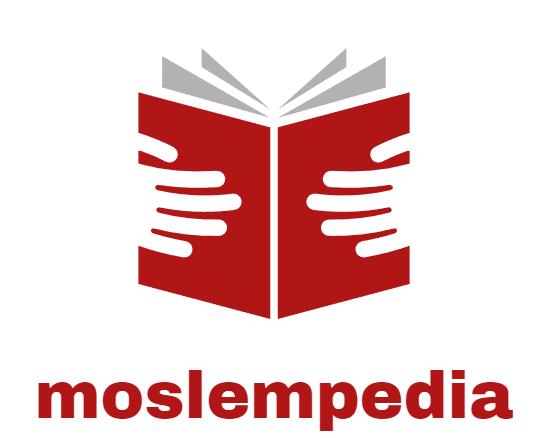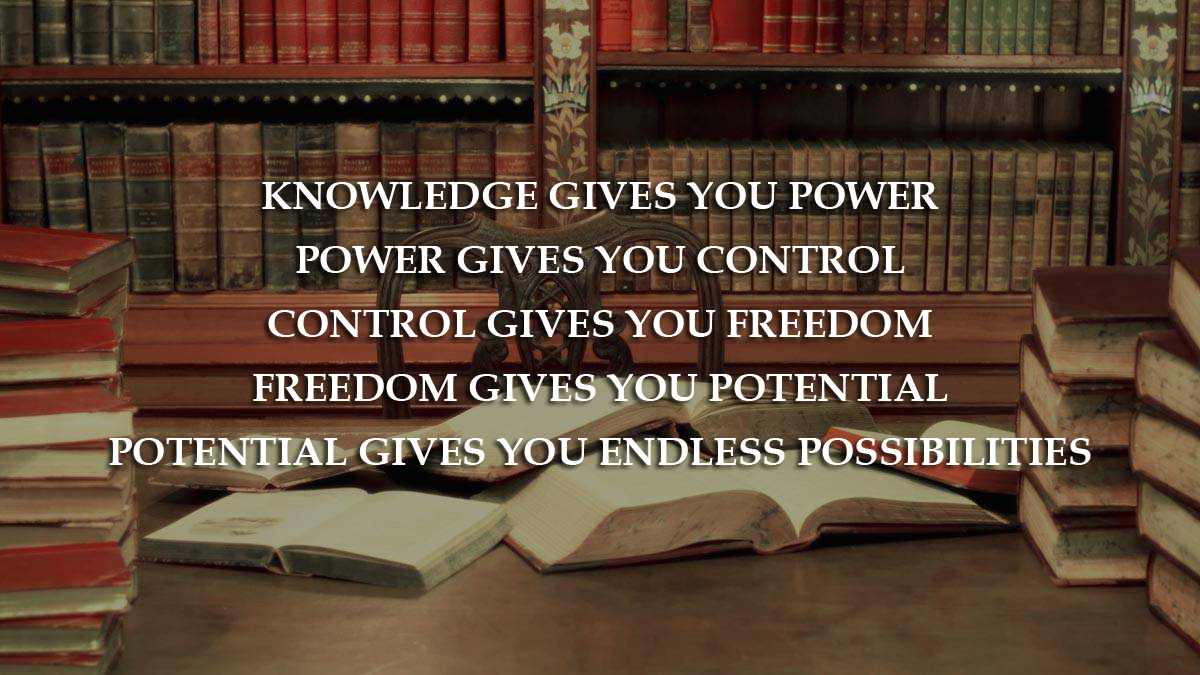An encyclopedia is a great way to learn about different subjects and live a better story. There are several different versions of encyclopedias available. There are also children's dictionaries for young children. For younger children, a picture encyclopedia is a great choice. However, for older children, a traditional pedagogical approach may be more effective. An e-book encyclopedia may be the best option.
The history of the encyclopedia goes back to the ancient Greeks and Romans, when the importance of knowledge was often placed on competence and the ability to think critically. However, the concept of an encyclopedia has its roots in the 18th century, when an Englishman named Henry Bergenholtz created a modern dictionary. This dictionary was published in 1911 and was the first encyclopedia in the English language.
In modern times, encyclopedias have also taken on a more holistic role as reference books. While they still largely perform the same purpose, they focus more on the unity of knowledge and the interdependence of parts than on the exact meaning of words. The emergence of digital encyclopedias has allowed for new methods of content creation and organization. These methods have increased the value of the encyclopedia. It is now possible to produce an online version of an e-encyclopedia, bringing it closer to the actual content.
In addition to its educational function, encyclopedias are often referenced as primary sources. This has led to a renewed interest in encyclopedias as a source of information. This is an important step forward for scholarly work, and it is possible to write quality entries for encyclopedias. A good encyclopedia should help students learn about the subject matter of their interest, while also supporting the value of topical organizations.
An encyclopedia is a specialized reference material. It is a compilation of primary and secondary sources. It can provide a comprehensive overview of a topic. Moreover, encyclopedias are an excellent source for learning. It is recommended to read articles that are written by experts. The encyclopedia can also be helpful in finding relevant information. It is not limited to a single subject. It can include information about any subject.
In medieval times, encyclopedias were primarily used as reference materials. In 1531, Juan Luis Vives, editor-in-chief of Collier's encyclopedia, wrote: "In a word, an encyclopedia is a tool for the pursuit of truth." In the 19th century, the encyclopedias were regarded as primary sources by the Germans. And, in the early nineteenth century, the Oxford English encyclopedias were widely used as primary sources.
The encyclopedia can be a scholarly resource, and if you are using it for academic research, make sure that it is a reputable one. Its three parts are separated by subject. Each section consists of articles about a particular subject. In a scholarly encyclopedia, the articles are separated into examples. They differ from Wikipedia, which is a website that lists information that is not scholarly.
The encyclopedia's three parts represent the various components of the body. The first is the spine, while the second is the heart. The ring represents the encyclopedia's contents. The heart represents the main section of the encyclopedia. In the 19th century, the encyclopedias were organized in an onion-like fashion. Each part represented a subject and was intended to be a comprehensive reference for a subject.
While encyclopedias are valuable, their size has changed over the years. In the 19th century, the size of encyclopedias grew due to economic reasons. The middle classes were able to read encyclopedias, which meant the encyclopedias were too large for their readers. Despite the fact that they were a specialized book, a generalized encyclopedia would contain more information than a more specialized encyclopedia.
The encyclopedia is a book that contains factual entries on a variety of topics. A general encyclopedia, on the other hand, will provide information on a single subject. While a general encyclopedia is a great way to learn about a specific subject, a more specific lexicon will offer a more comprehensive perspective. In an e-encyclopedia, the author is credited with the entry.
The word encyclopedia means "book" in Latin and is derived from the Greek egkuklopaideia. It means "university" in Latin. It is an institution that provides knowledge about the whole world. The encyclopedia is a valuable resource for enculturation. A general encyclopedia will give you information about a particular country, while a more specific encyclopedia will cover all of the states in the United States.


